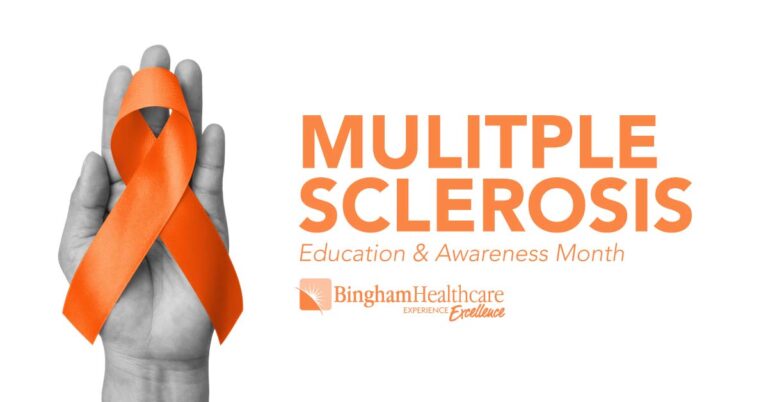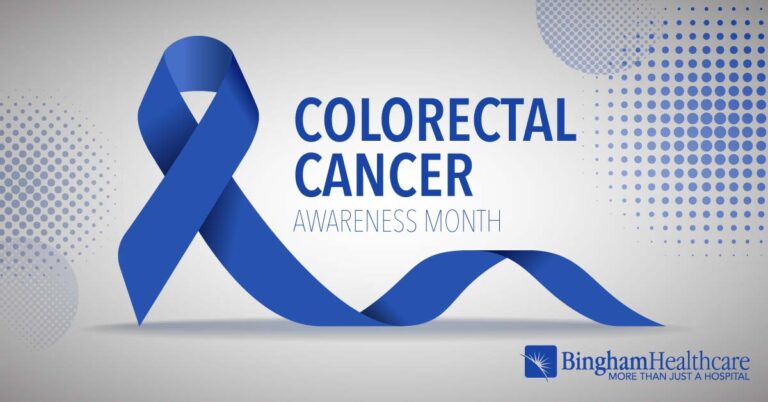
Understand the Signs of Anxiety and Depression
Each year, millions of Americans face the reality of living with a mental health condition. However, mental illness affects everyone directly or indirectly through family, friends, or coworkers. Despite mental illnesses’ reach and prevalence, stigma, and misunderstanding are also, unfortunately, widespread.
According to the World Health Organization, anxiety disorders are the most common mental illness in the U.S., affecting more than 40 million adults (18.1% of the population) every year.
Here is some information that may help to identify signs of anxiety or depression. When individuals struggle to cope with stressful situations, depression and anxiety become more noticeable.
Many people look to define stress as either good or bad, when in reality it’s neither. Stress can present itself after being fired from a job, going through a divorce, or losing a loved one. Even getting married, transitioning to a new job, or having a baby can cause stress. Stress is an event we view as out of our control and typically occurs outside our daily routines.
COMMON TYPES OF ANXIETY DISORDERS
The most common anxiety disorders include excessive fear or anxiety of the following:
Specific phobias
- Animals—spider, cats, dogs
- Natural environment—heights, storms, water
- Blood-injection injury—needles, invasive medical procedures
- Locations—airplanes, elevators, enclosed places
Social anxiety disorder—being around other people
Generalized anxiety disorder—worry about many things
It’s common for those struggling with anxiety disorders to also struggle with depression or vice versa. Close to 10% of the world’s population suffers from anxiety and depression. However, while anxiety and depressive disorders are highly treatable, only a small percent of affected individuals receive treatment.
EARLY SIGNS OF ANXIETY AND DEPRESSION
An early warning sign for anxiety and/or depression occurs when someone begins avoiding things they once enjoyed. Other warning signs for anxiety include:
- Shakiness
- Increased heart rate
- Tightness in the chest and/or rapid breathing
- Racing thoughts
Meanwhile, warning signs for depression include:
- Isolating oneself
- Frequently thinking negative thoughts
- Reoccurring feelings of sadness
ADVANCED SIGNS OF ANXIETY AND DEPRESSION
Advanced signs of generalized anxiety disorder include:
- Excessive worry occurring more days than not for at least six months
- Distress or impairment in social, occupational or other important areas of functioning
- Feeling restless
- Fatigue or frequently feeling tired
- Difficulty concentrating
- Irritability
- Muscle tension
- Sleep disturbances (difficulty falling or staying asleep)
Advanced signs of a major depressive disorder include:
- Feeling down or depressed most of the day, nearly every day
- Diminished interest in activities you once enjoyed
- Significant changes in your weight (increased or decreased)
- Difficulty with sleep (insomnia or hypersomnia)
- Fatigue or frequently feeling tired
- Difficulty concentrating
- Recurrent thoughts of death over at least a two-week period
- Impairment in social, occupational or other important areas of functioning
It’s best to talk to a professional health care provider when you find it difficult to function in your daily life, no longer participate in activities you once enjoyed, or find it difficult to get out of bed.
It’s important for people to address their mental health in order to live a life that’s fulfilling. Acknowledging and treating your mental health helps create resilience. It also teaches you to cope better so when a similar situation occurs, you are equipped to handle it.
YOU’RE NOT ALONE
Bingham Healthcare Mental Health Counselors are here. If you or a loved one are struggling with any of the signs described in this article and require the services of a mental health counselor, please call (208) 785-3800 to schedule an appointment or visit our Mental Health and Counseling page. Our mental health specialists see patients in Blackfoot, Idaho Falls, and Pocatello.
Content source: MayoClinicHealthSystem.org
Our content is reviewed regularly and is updated when new and relevant evidence is made available. This information is neither intended nor implied to be a substitute for professional medical advice. Always seek the advice of your physician or other qualified health provider prior to starting any new treatment or with questions regarding a medical condition.
Return to Articles


